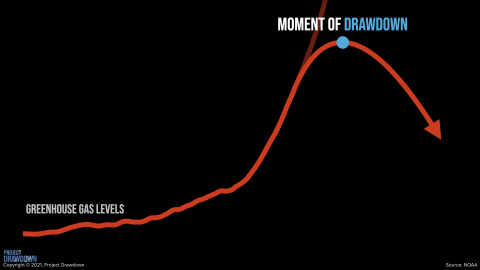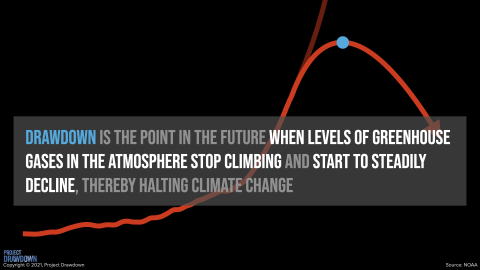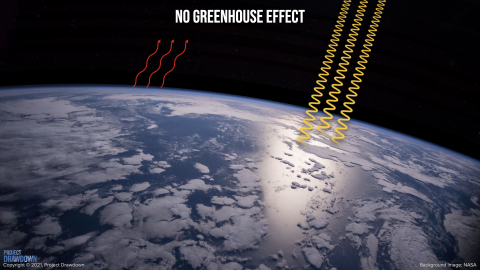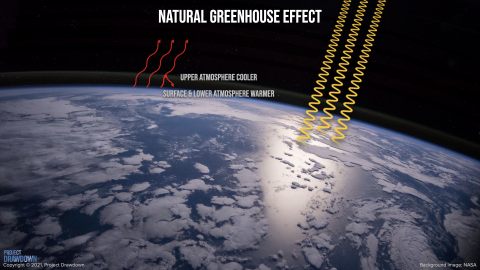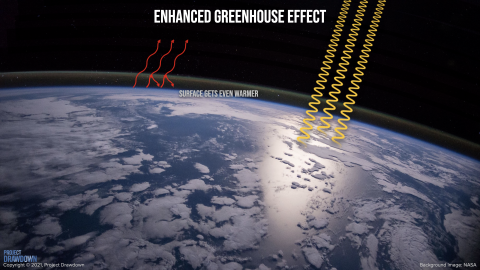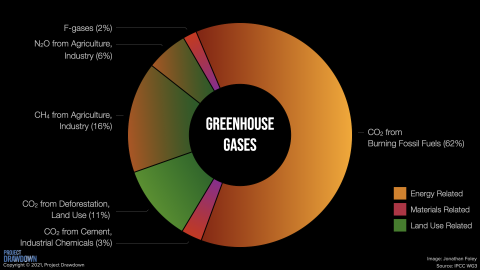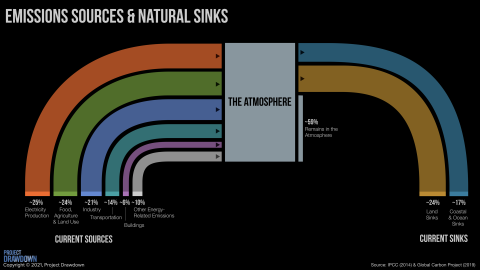Unit 2: Stopping Climate Change
To achieve drawdown—the point when levels of greenhouse gases in the atmosphere stop climbing and start declining—it’s important to understand the sources of emissions and nature’s means of rebalancing the climate system. In this unit: Explore the sources and impacts of greenhouse gases, and zero-in on three critical principles: reducing sources, supporting nature’s “sinks” for storing carbon, and centering equality in global action.
Quick Links
Expert Conversations
Professor and Canada Research Chair in Global Environmental Change and Food Security, University of British Columbia
Ramankutty, a professor and research chair at the University of British Columbia, leads a program that explores how humans use and modify the Earth’s land surface for agriculture—and how that implicates our global environment. Using research observations and numerical ecosystem models, he aims to find solutions to the problem of feeding humanity with minimal global environmental footprint. Ramankutty—a Leopold Leadership Fellow—contributed to the Millennium Ecosystem Assessment report and to the Fourth Assessment Report of the Intergovernmental Panel on Climate Change, and currently serves as Associate Editor of Environmental Research Letters. Follow Ramankutty on Twitter and visit his website.
Hear more about the sources of greenhouse gas emissions in Unit 2, which covers three need-to-know principles of equitable climate solutions.
Dive into food systems and solutions with Ramankutty, a scientist focused on ways to feed humanity with minimal global environmental footprint. From the importance of voting and youth climate action to regenerative agriculture, Ramankutty shares up-to-date insight from his field.
36:29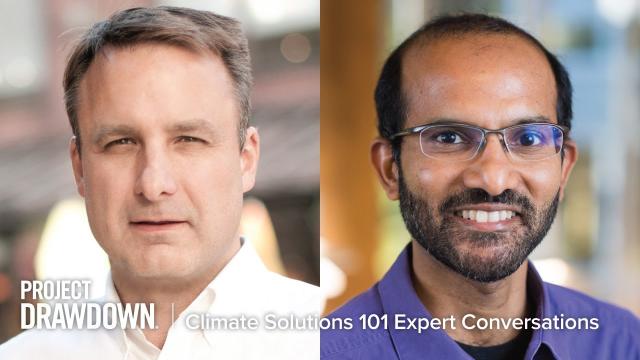
Professor and Canada Research Chair in Global Environmental Change and Food Security, University of British Columbia
Ramankutty, a professor and research chair at the University of British Columbia, leads a program that explores how humans use and modify the Earth’s land surface for agriculture—and how that implicates our global environment. Using research observations and numerical ecosystem models, he aims to find solutions to the problem of feeding humanity with minimal global environmental footprint. Ramankutty—a Leopold Leadership Fellow—contributed to the Millennium Ecosystem Assessment report and to the Fourth Assessment Report of the Intergovernmental Panel on Climate Change, and currently serves as Associate Editor of Environmental Research Letters. Follow Ramankutty on Twitter and visit his website.
Hear more about the sources of greenhouse gas emissions in Unit 2, which covers three need-to-know principles of equitable climate solutions.
Dive into food systems and solutions with Ramankutty, a scientist focused on ways to feed humanity with minimal global environmental footprint. From the importance of voting and youth climate action to regenerative agriculture, Ramankutty shares up-to-date insight from his field.

